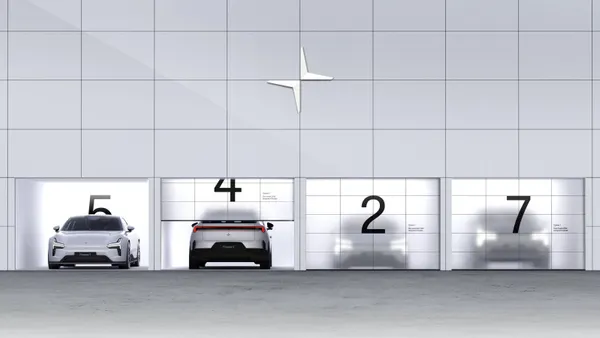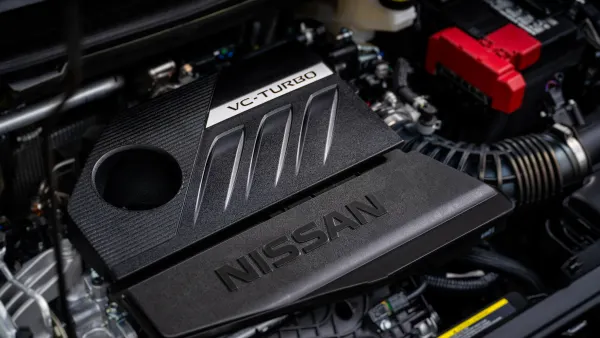Editor's note: This story is part of the WardsAuto digital archive, which may include content that was first published in print, or in different web layouts.
Auto makers worldwide are getting ready to launch electric and plug-in hybrid vehicles using the latest in lithium-ion battery technology, but the debate continues over the best way to ease consumer concerns they'll be left holding the bag once the onboard power packs run out of juice.
Engineers from Nissan Motor Co. Ltd., Chrysler LLC and Ford Motor Co., on hand at the World Congress for a roundtable on new battery technology, say the auto makers haven't figured out yet whether to provide long-term warranties or to lease batteries to car buyers to take the worry out of owning future EVs.
With today's hybrids, because the onboard electric drivetrain supplements power from the internal-combustion engine, the batteries are considered part of the overall powertrain and required under Environmental Protection Agency rules to be covered up to 10 years/150,000 miles (241,000 km) in some states.
But in a pure EV that has no IC engine onboard, the electric powertrain no longer will have to meet EPA emissions rules, and it will be up to the auto makers to determine how to back the batteries.
Nissan, which plans to roll out an EV in a limited way next year and have it widely available in 2012, expects the Li-ion batteries it will source from a new joint venture with Japan's NEC Corp. to last 10 years.
But Minoru Shinohara, senior vice president-powertrain, acknowledges unexpected premature failures may occur and battery life could be shorter than 10 years depending on driving habits.
“There are two ways to approach this, a lease or full warranty,” he says. “We may consider a lease scheme.”
Under a leasing strategy, the customer would buy the vehicle but pay a monthly fee for use of the batteries, which would remain the property of the auto maker or a third party. Once the batteries reach their end of life, the owner would bring the car to the dealer for installation of a new pack.
Think Global AS, a Norway-based maker of small EVs, has used a battery-leasing scheme in Europe and is mulling a similar option for North America if it follows through on plans to launch sales and production in the U.S.
Proponents say leasing would boost resale values because it would take battery wear out of the price equation.









